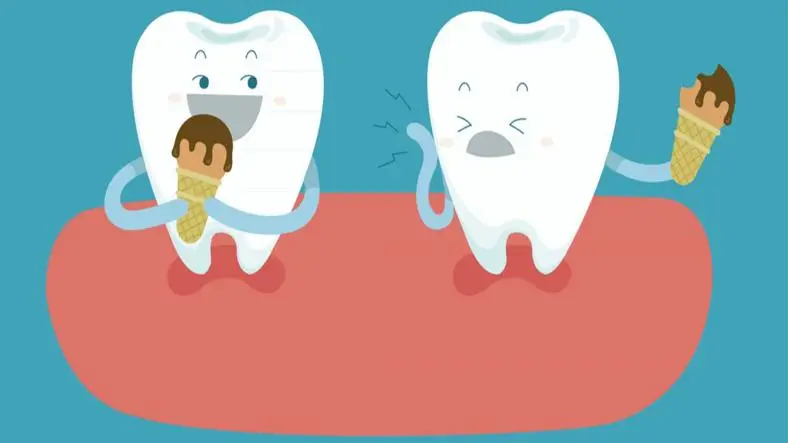Tooth sensitivity can cause discomfort and make eating or drinking hot, cold, sweet, or acidic foods a challenge. This condition often results from exposed dentin, worn enamel, or gum recession, which exposes nerve endings in the teeth. Fortunately, tooth sensitivity is treatable, and with the right approach, you can manage the discomfort and protect your teeth.
Treatments for sensitivity depend on the underlying cause. Desensitizing toothpaste is a common solution, containing ingredients that block nerve signals. For more severe cases, dentists may recommend fluoride treatments, bonding, or gum grafts to cover exposed roots. Addressing habits like teeth grinding or aggressive brushing can also help alleviate sensitivity.
To manage and treat tooth sensitivity effectively, consider these steps:
- Use Desensitizing Toothpaste: Opt for toothpaste specially formulated for sensitive teeth.
- Avoid Trigger Foods: Reduce intake of acidic or overly hot and cold foods to minimize discomfort.
- Brush Gently: Use a soft-bristled toothbrush and non-abrasive toothpaste to protect your enamel.
- Consult Your Dentist: Seek professional advice to address severe sensitivity or underlying issues.
- Consider Fluoride Treatments: Professional fluoride applications can strengthen enamel and reduce pain.
With the right care and guidance, tooth sensitivity can be managed effectively, allowing you to enjoy a pain-free smile.
Thanks for reading the dentofacts article, for more such articles visit PeoplesBLOG.















